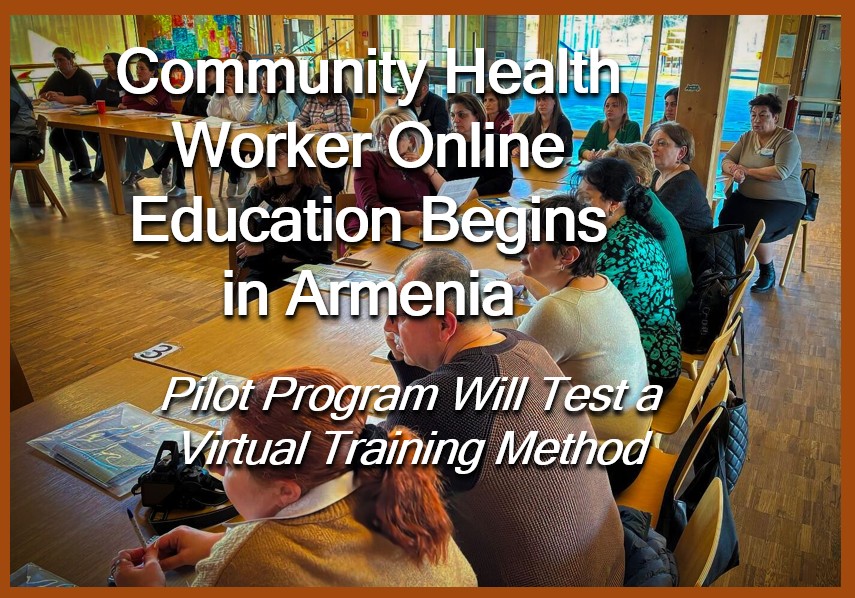By Allison Kozicharow; Edited by Elizabeth Fine
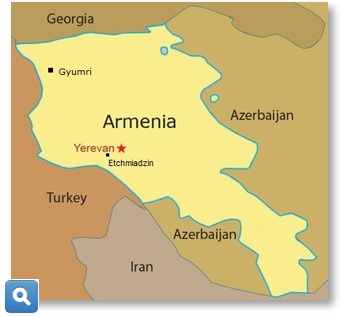 WiRED International announces the start of a community health worker (CHW) trial project in Armenia that features guided online study. This virtual learning method is a first for WiRED’s CHW training program, which typically involves daily classroom sessions for five weeks, taught by one or two medical professionals.
WiRED International announces the start of a community health worker (CHW) trial project in Armenia that features guided online study. This virtual learning method is a first for WiRED’s CHW training program, which typically involves daily classroom sessions for five weeks, taught by one or two medical professionals.
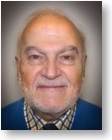
Mr. Sebouh Baghdoyan and Dr. Ara Nahabedian kicked off the new online program on February 19. Note that Mr. Baghdoyan has served as the director of WiRED–Armenia since 2012, and Dr. Ara Nahabedian, a retired orthopedic surgeon, is the senior medical advisor to the program. Dr. Nahabedian also coordinates the translation program where WiRED’s modules are prepared in the Armenian language. Other participants in the virtual event included Mr. Gevorg Chichyan, founder-president of WiRED partner MIASIN NGO, and fellow co-founders Ms. Sosik Avagyan and Ms. Lusine Petrosyan.
Mr. Baghdoyan and Dr. Nahabedian welcomed the participants and emphasized the program’s importance, noting that this carefully monitored virtual training represents the first remote delivery of the full CHW curriculum.
How will it work?
 Participants were divided into three WhatsApp groups of 11 each. The 33 CHW students will download the modules using WiRED’s HealthMAP app (available on Google Play Store) then study the material on their own. Each group will participate in weekly online meetings guided by a health professional associated with MIASIN NGO. Further, all participants will meet in plenary WhatsApp group sessions with Dr. Nahabedian for consultations and Q&A. Dr. Nahabedian will also be on-call for the three group leaders for guidance at any time throughout the training period.
Participants were divided into three WhatsApp groups of 11 each. The 33 CHW students will download the modules using WiRED’s HealthMAP app (available on Google Play Store) then study the material on their own. Each group will participate in weekly online meetings guided by a health professional associated with MIASIN NGO. Further, all participants will meet in plenary WhatsApp group sessions with Dr. Nahabedian for consultations and Q&A. Dr. Nahabedian will also be on-call for the three group leaders for guidance at any time throughout the training period.
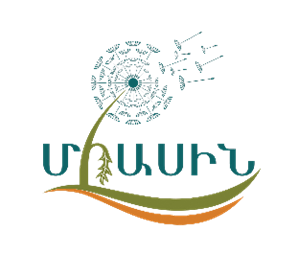 Using HealthMAP, CHW students will record their final exam scores automatically at the end of each module. For certification, they will be required to complete a comprehensive two-hour final examination online, monitored in real time by outside observers.
Using HealthMAP, CHW students will record their final exam scores automatically at the end of each module. For certification, they will be required to complete a comprehensive two-hour final examination online, monitored in real time by outside observers.
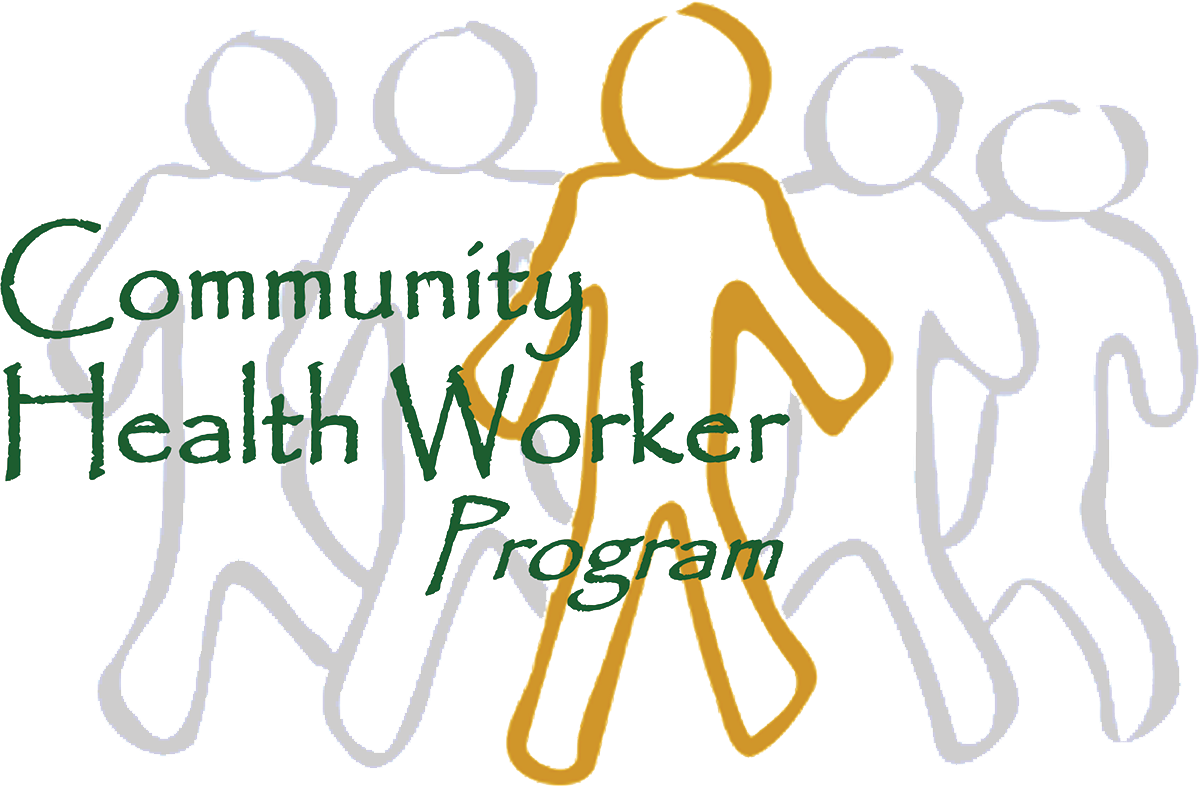 Gauging success
Gauging success
The pilot program’s success in training CHWs virtually will be gauged by the final exam scores and then by the success of the field work performed by these CHWs. If by these measures the training method is deemed to be successful, WiRED will further test the approach in other locations before adopting it as an alternative to classroom instruction.

Given the severe shortage of doctors and nurses in many low-income countries, the World Health Organization has proposed to address the health gap with expertly trained CHWs. This new training strategy, if adopted, will make it possible for many additional communities to employ the training program, preparing CHWs for deployment in areas of doctor shortages.
We will track the progress of the Armenian training program over the next several months and report results on this website.
The Year-Long Lecture Series in Armenia
In November 2024 WiRED reported the completion of a project built on a series of lectures promoting health awareness in Armenia.
The goals of the lecture series were twofold:
- to promote public health awareness, empower the healthcare community and enhance the knowledge of frontline workers in the healthcare sector and
- to contribute to the training of WiRED CHWs in Armenia, focusing on public health and primary healthcare modules from the WiRED collection, many of which have been translated into Armenian.
The positive outcome of the lecture series has led to the present pilot CHW program.
Please click here to read the full story.
Comment about the upcoming training program
— Gary Selnow, Ph.D.
WiRED Executive Director
The World Health Organization recognizes the critical role CHWs play in filling healthcare gaps in communities with limited access to doctors and nurses. Over the past five years, since launching our basic CHW training and continuing medical education programs, we’ve seen firsthand the incredible benefits these paraprofessional health workers provide. CHWs’ clinical assistance, large-scale health training programs, and referral activities, often facilitated through Health Screening Clinics, have proven to be invaluable in assisting populations whose access to proper health care is severely limited.
Building on the demonstrated success of our classroom instruction, we’re eager to explore additional training techniques to expand program access to more communities. We’re particularly interested in observing this upcoming project in Armenia, which will assess the effectiveness of an assisted online approach compared to traditional classroom training.
Over the next few months, we will be announcing several new features for our CHW training programs, including new IT tools and the introduction of a novel approach we call the Residential Health Worker program. These innovations aim to enhance the effectiveness and reach of our CHW training initiatives, ultimately contributing to improved health outcomes in underserved communities.


